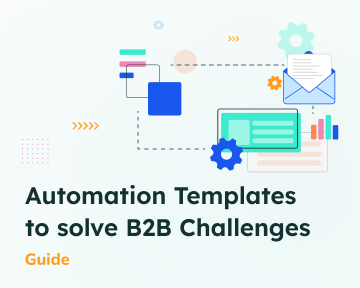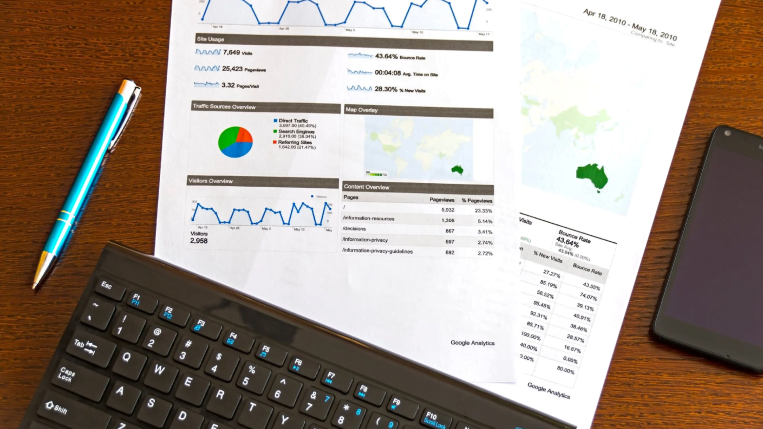In today’s digital age, small and medium-sized businesses (SMBs) are increasingly becoming targets for cyber threats. As technology advances, so do the methods employed by cybercriminals. Cybersecurity is also one of the top trends among SMBs lately. Therefore, it is imperative for SMBs to prioritise and organise their cybersecurity efforts. In this post, we will explore key steps and strategies to help small and medium businesses establish a robust cybersecurity framework.
Before implementing any cybersecurity measures, it is crucial to conduct a thorough assessment of your business’s digital infrastructure. Identify sensitive data, potential vulnerabilities, and assess the impact of a potential breach. This risk analysis will lay the foundation for a targeted and effective cybersecurity strategy.
Develop a comprehensive cybersecurity policy tailored to your business needs. This policy should outline guidelines and procedures for employees to follow, covering aspects such as password management, data handling, and the use of company devices. Ensure that the policy is easily accessible and regularly updated to address emerging threats.
The human element is often the weakest link in cybersecurity. Conduct regular training sessions to educate employees on cybersecurity best practices. Topics should include identifying phishing attempts, secure password creation, and the importance of software updates. An informed workforce is a critical line of defence against cyber threats.
Enforce strong password policies within your organisation. Encourage the use of complex passwords and implement multi-factor authentication (MFA) where possible. Regularly remind employees to update their passwords and avoid using the same password across multiple accounts.
Ensure that all softwares, including operating systems and applications, is regularly updated with the latest security patches. Cybercriminals often exploit vulnerabilities in outdated software, making timely updates a crucial aspect of cybersecurity.
Protect your business network with robust security measures. Utilise firewalls, secure Wi-Fi connections, and virtual private networks (VPNs) to create layers of defence against unauthorised access. Regularly monitor network traffic for unusual activities that may indicate a security threat.
Implement a regular data backup schedule to prevent data loss in the event of a cyberattack or system failure. Store backups in secure, offsite locations to ensure quick recovery in case of an incident.
Small and medium-sized businesses may lack in-house expertise in cybersecurity. Consider collaborating with external cybersecurity professionals or hiring a managed security service provider (MSSP) to ensure that your business is well-protected against evolving threats.
Develop a detailed incident response plan that outlines the steps to be taken in the event of a cybersecurity incident. This plan should include communication protocols, roles and responsibilities, and procedures for containing and mitigating the impact of a breach.
Regularly audit your cybersecurity measures and conduct penetration testing to identify potential weaknesses. This proactive approach allows businesses to stay one step ahead of cyber threats and continuously improve their security posture.
While these tools are associated with managing customer interactions and streamlining marketing processes, their features can also contribute to strengthening cybersecurity measures.
Firstly, the pivotal role lies in the centralisation of client data, granting access exclusively to a trusted group of individuals. This consolidation provides an immediate layer of protection against the potential leakage of crucial information. Moreover, many CRM and Marketing Automation platforms offer robust user authentication mechanisms, including the option for Multi-Factor Authentication (MFA). This stands in contrast to scenarios where data is dispersed across various spreadsheets and software tools, making it challenging to control and monitor access effectively.
Additionally, some features of Marketing Automation and CRM softwares itself can be successfully used for enforcing the enterprise cybersecurity, such as:
- built-in monitoring and auditing features that allow businesses to track user activities, changes to data, and system access.
- integration with SIEM (Security Information and Event Management) systems allowing to share security-related information, enhancing the overall visibility into potential security incidents.
- automated security alerts, that can be configured in response to suspicious activities or potential security breaches.
Organising cybersecurity for small and medium businesses is a multifaceted task that requires careful planning and continuous adaptation. We listed 10 steps of effective cybersecurity strategy and highlighted the role of Marketing Automation and CRM in cybersecurity that extends beyond their primary functions. By prioritising cybersecurity, implementing the above steps and staying informed about emerging threats, SMBs can create a resilient defence against cyber threats.
When designing a security strategy for your business, it is important to prioritise the control and security of your customers’ data. Centralising this information within a CRM system not only enhances and amplifies your digital marketing activities but also serves as a formidable shield against cyber threats. Connect with our dedicated team at ‘Lead Gen and CRM’ by Constant Contact to explore how our software seamlessly manages, tracks, and protects information about your customers.





